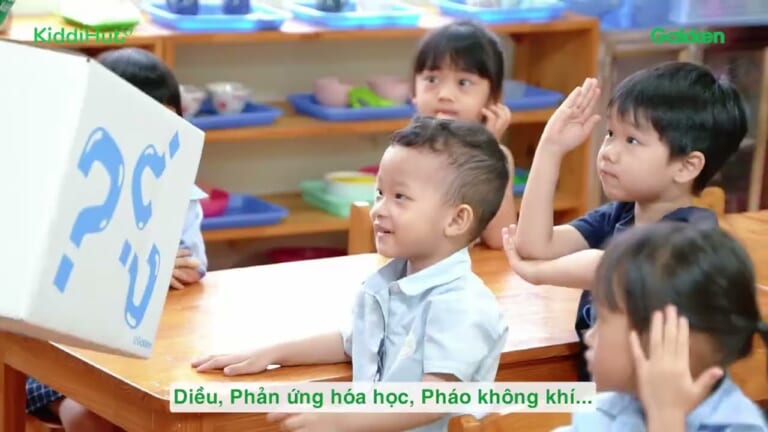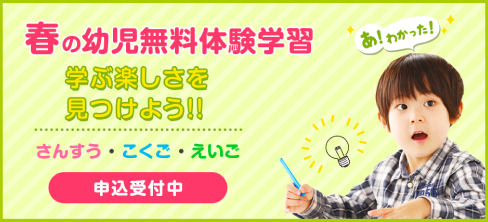Learning through playing.
The Gakken STEAM Program (GSP) is part of the project to introduce Japanese standard education programs abroad (EDU-Port Japan), nominated by the Ministry of Education of Japan. The program includes Science lessons – improve thinking and creativity skills and lessons on programming – teamwork skills and logical thinking for preschool age.
Each series of lessons includes a variety of materials and rich content, which relates to our daily life. For example, through kite making, children can become familiar with the knowledge of the power of paper. By exercising sequential thinking in programming, children can understand more about mathematics. Your child’s ability to solve problems and express their ideas will be discovered and nurtured in this program.
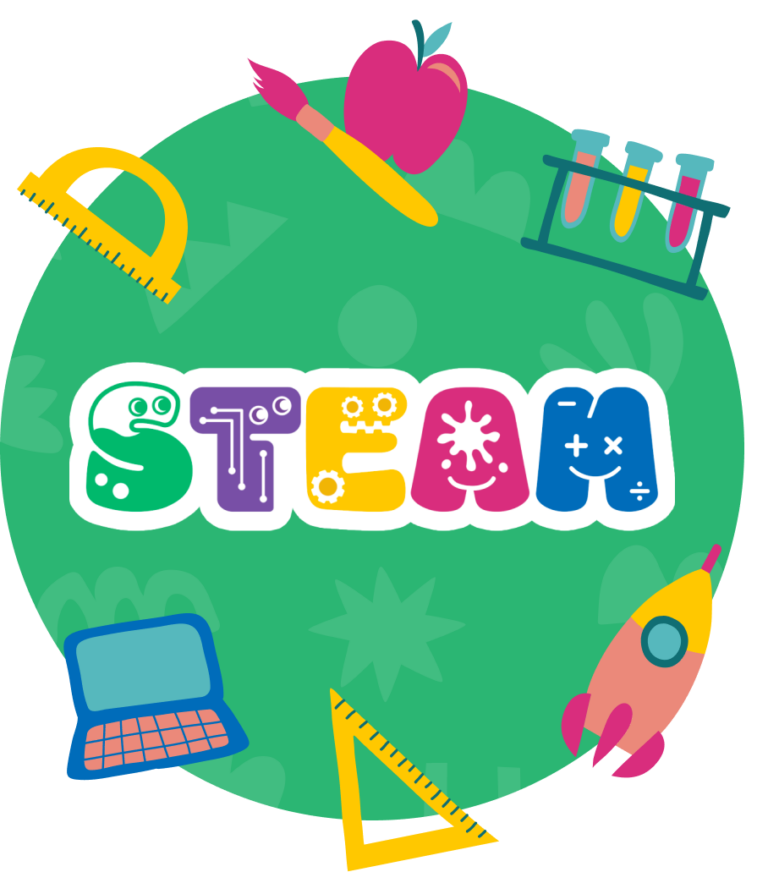
Details of Gakken STEAM Program
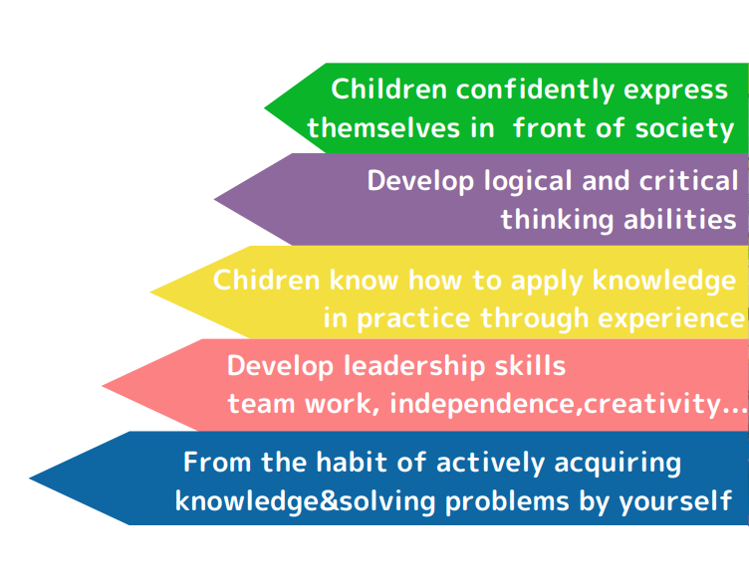
Target Age: 4-6 years old
Subject:Science and Programming courses
Time: 30-40mins/lesson
Frequency: 1 lesson/week, 44 lessons/year
Ideal number of children: 5-15 children/class
What skills children get?
Science Course
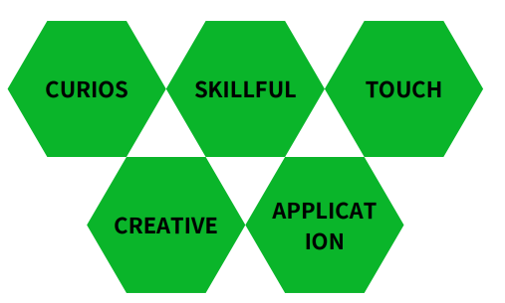
Programming Course
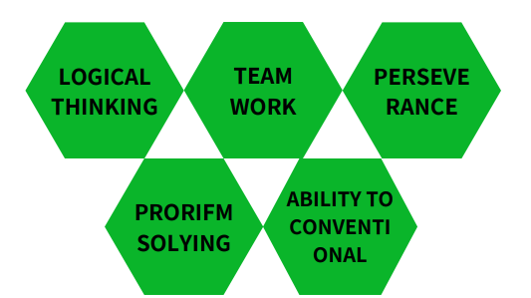
How children can change through GSP?
The importance of some things does not change with time
For the “lifetime driving force” of the children
Gakken Classroom’s secret to imparting “self-learning skills” is learning worksheets and learning methods designed so the children can learn persistently and by their own will, along with “Sensei” to watch over their learning efforts.
Science Course
We have 11 themes in Science Course. Each theme has 2 lessons, basic and advanced.You will find out contents of some themes below.
1. Air Cannon
Does the air that we cannot see with the naked eye have a shape?
During this class, children will shoot air bullets, play with boxes full of mysteries, and build their own air cannons. They will feel and play with the atmosphere for themselves – an invisible material but contains a lot of interesting things.
From this lesson, children will have more interest in the atmosphere around them.
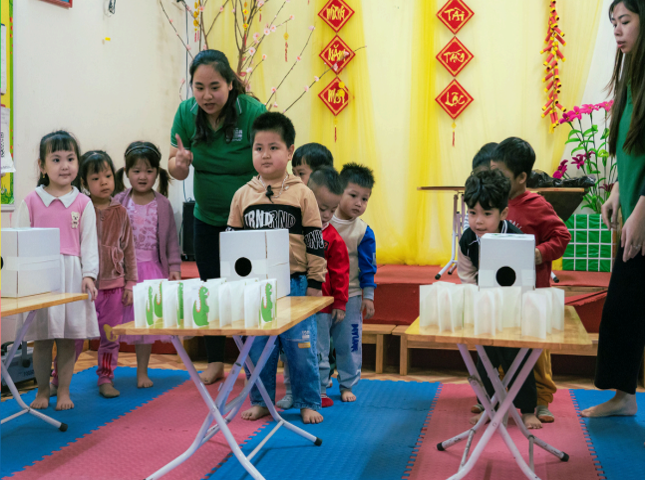
2. Chemical Reactions
Have you ever observed the phenomenon of water changing color when adding effervescent C tablets? When substances react with each other, a new substance is born.
In this lesson, children will learn the fun of chemical reactions through playing with bizarre slimes, or unexpected experiments with lemons.
Through games and experiments in the lesson, children will acquire knowledge naturally through interesting experiments
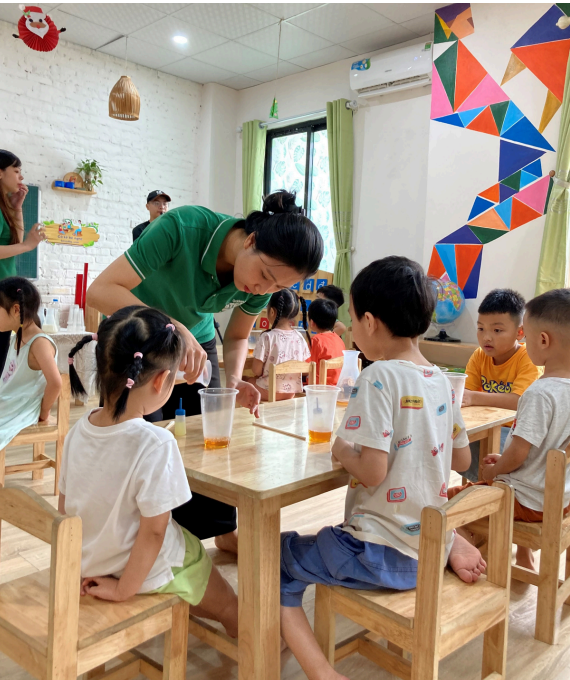
Flow of the lesson
PERFORMANCES
Demonstration teacher, modeling
↓
CLASS ACTIVITIES
Children work in groups with their peers
↓
INDIVIDUAL ACTIVITIES
Children manipulate individually
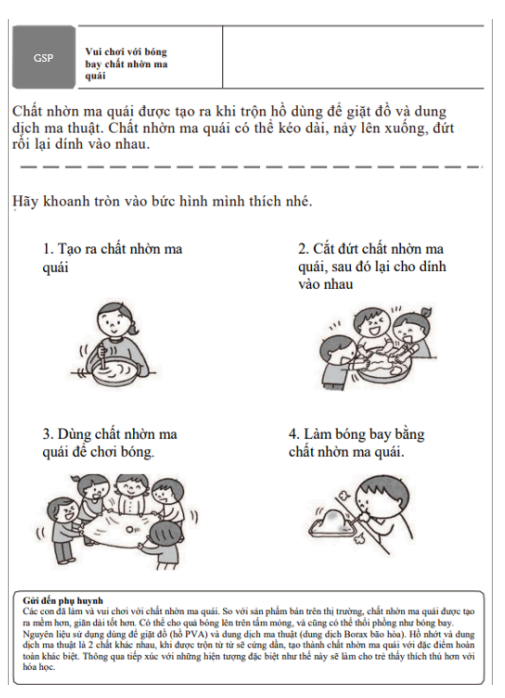
Programming Course
We have 9 themes and 5 events in Programming Course. Each theme has 2 lessons, basic and advanced.You will find out contents of some themes below.
1. Let's go to our kindergarten!
The most important element in programming is thinking in “sequence” to be able to get from the starting point to the finish line.
In this lesson, children will understand the concept of “sequence” of what they did from the moment they woke up to school, such as washing their face → brushing their teeth → eating breakfast.
Programming Car
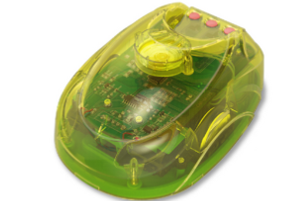
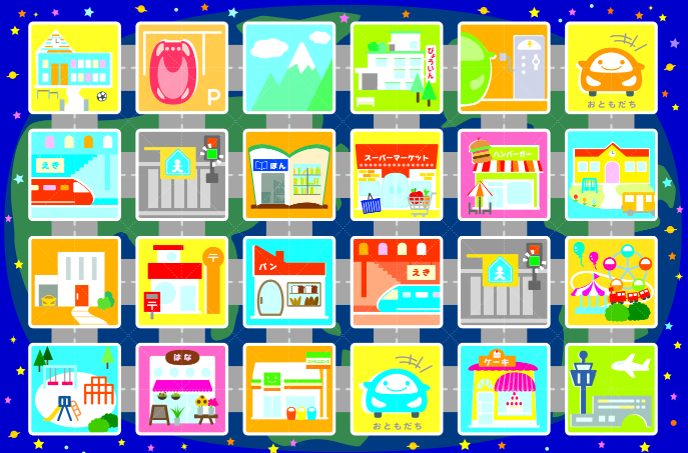
2. Let's go to a supermarket!
“Classification” is also an indispensable knowledge in programming subjects.
With this lesson, children have to think about what ingredients are in spring rolls (shrimp, carrots) and where they are located (seafood, vegetables). Children will work with their peers to think and practice categorization through fun activities in class.
Flow of the lesson
OPENING THE LESSON
Teachers review old lessons, introduce new ones
↓
DEPLOYMENT
Children think directions, program cars
↓
SUMMARY
Clean up, assign homework
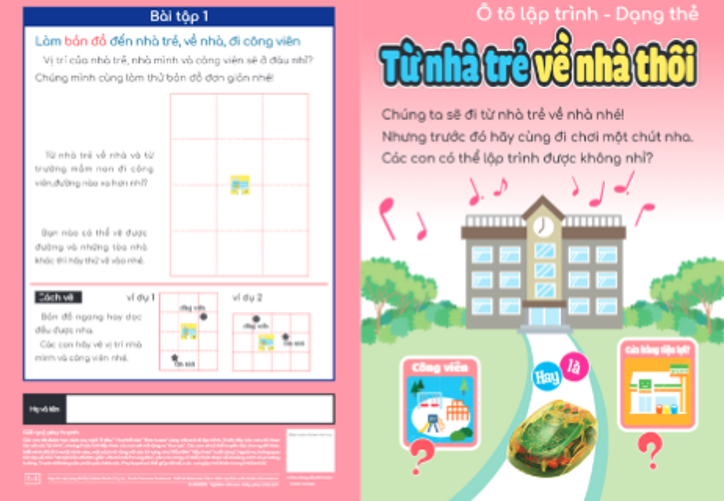
VIDEO
